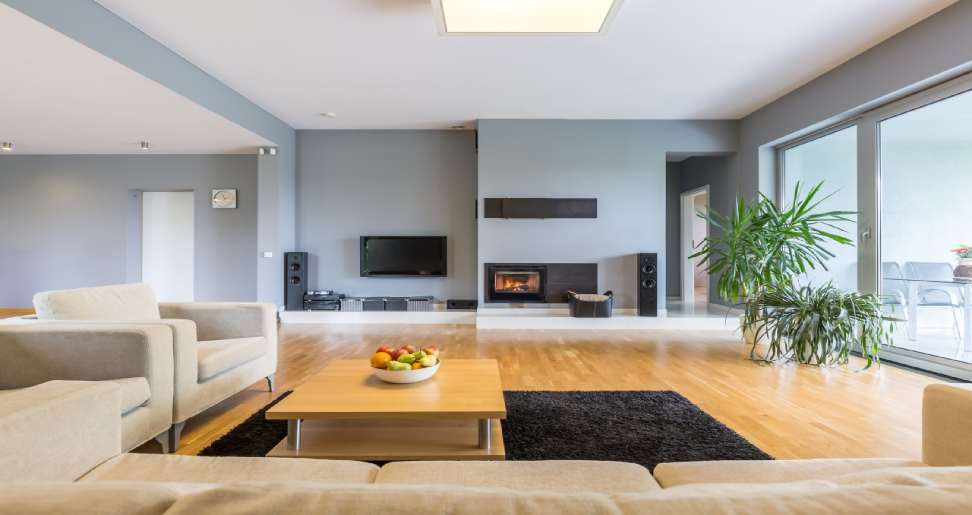Renovating your home can be an exciting yet overwhelming experience. The idea of transforming your living space into something more functional, stylish, and comfortable is thrilling, but the process requires careful planning and organization.
Whether you’re embarking on a kitchen update, a bathroom renovation, or a complete home makeover, having a clear plan in place can make all the difference. Here are some tips to help you navigate the renovation process smoothly.
1. Define Your Goals
Before diving into any renovation project, it’s crucial to define your goals. What do you want to achieve with your renovation? Are you looking to increase the value of your home, improve functionality, or simply refresh the aesthetics? Understanding your objectives will guide every decision you make along the way.
For example, if your goal is to enhance your home’s curb appeal, you might prioritize an exterior upgrades. On the other hand, if comfort is your priority, focusing on interior spaces like a bathroom renovation might be at the top of your list.
2. Set a Realistic Budget
Budgeting is a critical aspect of any renovation project. Start by determining how much you can comfortably spend on the renovation. Be sure to account for all potential expenses, including materials, labor, permits, and unexpected costs.
It’s common for renovation projects to go over budget, so it’s wise to set aside a contingency fund of about 10-20% of your total budget. Sticking to your budget will help you make informed choices and avoid unnecessary financial stress.
3. Create a Detailed Plan
Once you have a clear vision and budget in mind, it’s time to create a detailed plan. This includes everything from the design and layout to the timeline of the project. Consider working with a professional designer or contractor to help you develop a plan that aligns with your goals and budget.
Your plan should outline each phase of the renovation, specify the materials and finishes you want to use, and set a realistic timeline for completion. Having a well-thought-out plan will keep your renovation on track and minimize disruptions.
4. Prioritize and Schedule
Renovations can be disruptive, especially if you’re living in the home during the process. To minimize inconvenience, prioritize the most critical projects and schedule them in a logical order.
For instance, if your renovation involves multiple areas of the home, it might make sense to start with structural work, such as a roof inspection or foundation repairs. This approach ensures that the essential work is completed first and that you’re not redoing any finished areas.
5. Communicate with Your Contractor
Effective communication with your contractor is key to a successful renovation. Be clear about your expectations, ask questions, and stay involved in the decision-making process. Regular updates and site visits will help you stay informed and ensure that the work is progressing as planned.
Don’t hesitate to speak up if something isn’t going according to plan—addressing issues early can prevent costly mistakes down the line.
Conclusion
Planning and organizing your home renovations can be a complex process, but with careful consideration and a clear plan, you can achieve the home of your dreams. By defining your goals, setting a realistic budget, and staying organized throughout the project, you’ll be well on your way to a successful renovation that enhances both the beauty and functionality of your home.
Additional:
- Rockauto – Overview, Networth, Guide
- Gunbroker – Overview, Networth, Guide
- Arbiter Sports – Overview, Networth, Guide
- Bobs Furniture – Overview, Networth, Guide

